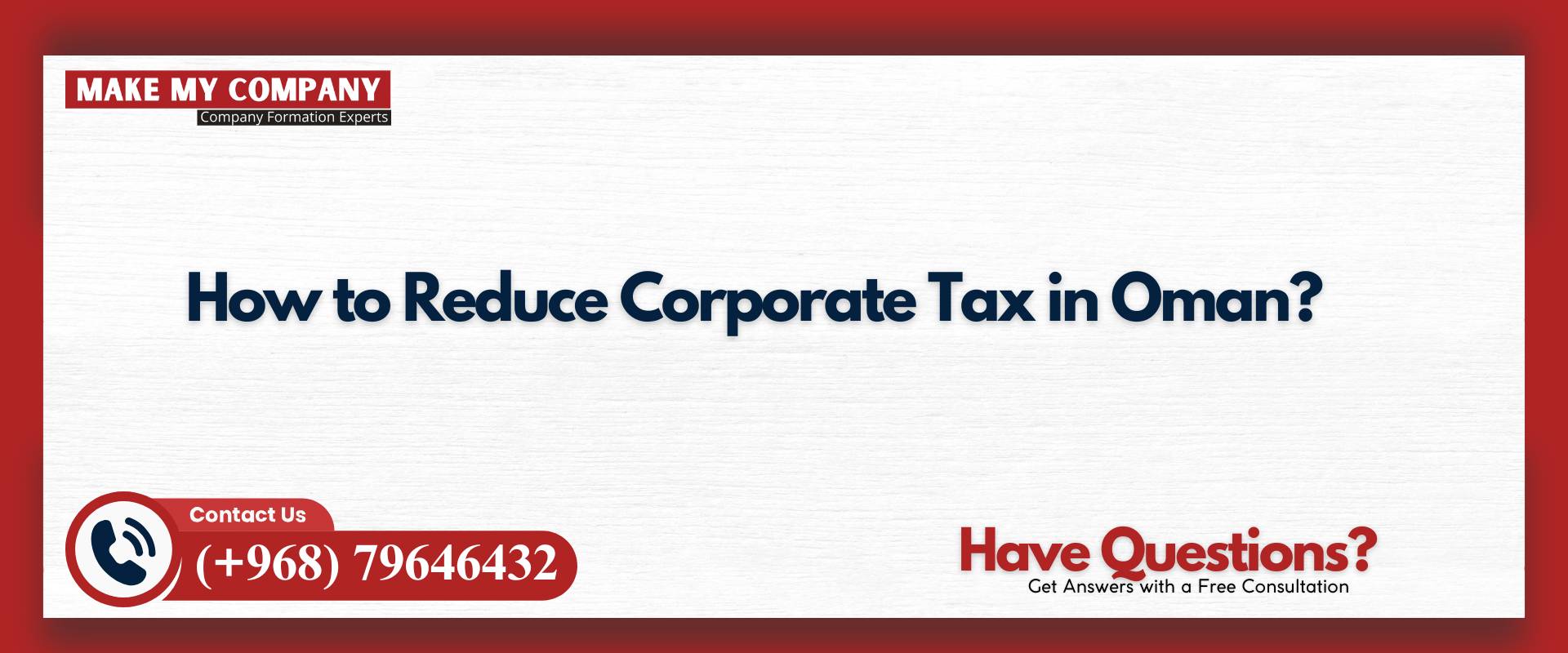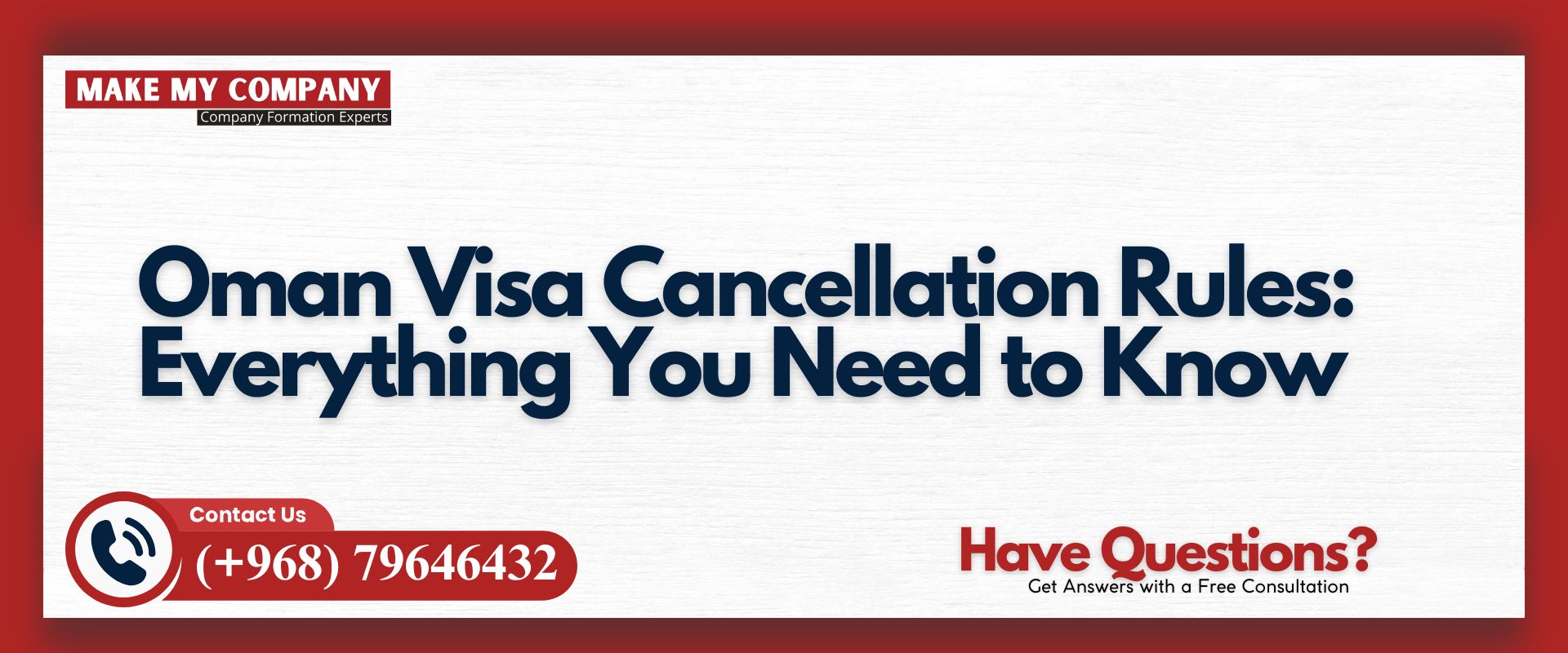Managing corporate tax in Oman efficiently is essential for businesses aiming to optimize profits and remain compliant with tax regulations. With a corporate tax rate of 15%, companies need effective tax planning strategies to legally reduce their tax burden while ensuring compliance with the Oman Tax Authority (OTA). Understanding tax exemptions, deductions, and incentives can help businesses improve their financial standing while meeting regulatory requirements.
In this article, we will explore practical strategies to reduce corporate tax in Oman, ensuring that businesses maximize savings while maintaining compliance with tax laws.
Understanding Corporate Tax in Oman
Corporate tax in Oman is imposed on the net profits of businesses operating in the country. All registered entities, including Limited Liability Companies (LLCs), Joint Stock Companies, and branches of foreign companies, must pay corporate tax on their taxable income. The standard tax rate is 15%, but small businesses with annual revenues below a certain threshold may qualify for reduced rates or exemptions.
Businesses are required to file annual tax returns with the Oman Tax Authority (OTA) and maintain proper financial records. Failure to comply with tax regulations can result in penalties, fines, or legal consequences. By implementing tax-saving strategies, companies can optimize their tax liabilities while ensuring compliance with Omani tax laws.
Legal Ways to Reduce Corporate Tax in Oman
Businesses can legally reduce corporate tax in Oman by utilizing tax deductions, exemptions, and strategic financial planning. Companies can deduct operational expenses, benefit from Free Zone tax incentives, and optimize their corporate structure. Ensuring compliance with Oman Tax Authority (OTA) regulations helps avoid penalties while maximizing tax savings.
Utilizing Tax Deductions and Allowable Expenses
One of the most effective ways to reduce corporate tax in Oman is by maximizing tax-deductible expenses. Businesses can deduct operational costs, salaries, rent, depreciation, and other business-related expenses before calculating taxable income.
To qualify for deductions, businesses must ensure that all expenses are:
- Directly related to business operations.
- Properly documented with invoices and receipts.
- Recorded in the company’s audited financial statements.
Keeping accurate financial records is crucial to ensuring that tax authorities accept all claimed deductions.
Taking Advantage of Tax Exemptions
Certain industries and business activities qualify for tax exemptions under Oman’s tax regulations. Companies engaged in agriculture, mining, tourism, healthcare, education, and manufacturing may benefit from tax relief. Businesses should consult with tax experts to determine if they qualify for exemptions based on their industry.
Foreign companies operating in Oman through Free Zones can also benefit from zero corporate tax for a specific period, making Free Zones a strategic choice for tax savings.
Setting Up in Oman Free Zones
Businesses operating in Oman’s Free Zones, such as Salalah Free Zone, Sohar Free Zone, and Duqm Special Economic Zone, enjoy significant tax benefits. These zones offer:
- Zero corporate tax for a specified duration.
- Custom duty exemptions on imported goods.
- 100% foreign ownership with no capital repatriation restrictions.
By establishing operations in Free Zones, businesses can legally reduce corporate tax in Oman while benefiting from economic incentives.
Utilizing Depreciation Benefits
Oman’s tax laws allow businesses to claim depreciation on fixed assets, reducing taxable income. Depreciation applies to assets such as machinery, buildings, vehicles, and equipment. Companies must use the correct depreciation method to maximize deductions while ensuring compliance with accounting standards.
Regularly updating depreciation schedules and maintaining accurate records will help businesses make the most of this tax-saving opportunity.
Structuring Business Operations Efficiently
Proper corporate structuring can significantly reduce tax liabilities. Businesses should evaluate whether to operate as an LLC, Joint Stock Company, or Free Zone entity based on tax advantages and legal benefits. Holding companies can also be used to optimize tax efficiency while maintaining control over multiple subsidiaries.
Consulting with a corporate tax advisor ensures that businesses select the most tax-efficient structure for their operations.
Managing Withholding Tax Efficiently
Oman imposes withholding tax on payments made to foreign entities, including royalties, management fees, and technical services. By structuring agreements strategically and ensuring proper tax treaties apply, businesses can minimize withholding tax liabilities and improve cash flow.
Working with tax professionals helps businesses navigate withholding tax regulations and explore potential exemptions under double taxation agreements (DTAs) that Oman has with other countries.
Avoiding Tax Penalties and Compliance Issues
Failing to comply with tax regulations can lead to penalties that increase overall tax liabilities. Businesses should:
- File tax returns on time to avoid late submission penalties.
- Maintain proper financial records to support tax deductions and exemptions.
- Conduct regular tax audits to identify potential risks and ensure compliance.
By staying compliant, businesses can avoid unnecessary tax costs and focus on long-term financial growth.
Taking Advantage of Research and Development (R&D) Incentives
Oman encourages innovation through R&D incentives, allowing companies to deduct research expenses from taxable income. Businesses involved in technology, industrial development, and product innovation can benefit from these incentives by documenting their R&D activities and expenses.
Filing for R&D tax benefits requires businesses to maintain proper documentation, including project descriptions, cost breakdowns, and research outcomes.
Utilizing Loss Carryforward Provisions
Oman’s tax laws allow businesses to carry forward tax losses for up to five years, reducing taxable income in profitable years. This provision helps companies stabilize their financial position and optimize corporate tax in Oman over multiple tax periods.
Businesses experiencing temporary financial downturns should work with tax consultants to develop strategies for utilizing loss carryforwards effectively.
Common Mistakes to Avoid in Corporate Tax Planning
Many businesses make costly mistakes when managing corporate tax in Oman, such as failing to track deductible expenses, missing tax filing deadlines, or overlooking available tax exemptions. Poor record-keeping and non-compliance with Oman Tax Authority (OTA) regulations can lead to penalties, increasing overall tax liabilities.
Not Keeping Proper Financial Records
Failure to maintain accurate records can result in rejected tax deductions and increased tax liabilities. Businesses must ensure all expenses are well-documented and comply with Oman Tax Authority (OTA) requirements.
Ignoring Available Tax Incentives
Many businesses fail to explore tax exemptions, Free Zone benefits, and industry-specific incentives, leading to higher corporate tax payments. Companies should regularly review available tax-saving opportunities to maximize benefits.
Delaying Tax Payments and Filing
Late tax submissions can result in penalties and additional interest charges. Businesses must track tax deadlines and file their corporate tax in Oman on time to avoid unnecessary costs.
Overlooking Depreciation and Loss Carryforwards
Some businesses fail to claim depreciation or use loss carryforward provisions, missing opportunities to reduce taxable income. Proper financial planning ensures these tax benefits are fully utilized.
Best Practices for Effective Tax Reduction
To minimize corporate tax in Oman, businesses should maintain accurate financial records, utilize tax deductions, and take advantage of Free Zone incentives. Working with tax consultants ensures compliance with Oman Tax Authority (OTA) regulations while maximizing tax-saving opportunities through strategic planning.
Work with a Tax Consultant
Tax laws in Oman can be complex. Hiring a tax advisor ensures businesses stay compliant while optimizing tax-saving strategies.
Review Financial Statements Regularly
Regularly reviewing financial reports, tax liabilities, and deductible expenses helps businesses identify potential tax-saving opportunities.
Invest in Tax-Efficient Business Strategies
Choosing tax-friendly business structures, reinvesting profits, and leveraging Free Zone benefits can help businesses legally reduce corporate tax in Oman.
Stay Updated on Tax Law Changes
Oman’s tax regulations may change over time. Businesses should stay informed about new tax policies, incentives, and industry-specific regulations to maximize tax savings.
Conclusion
Effectively managing corporate tax in Oman requires strategic planning, compliance with tax laws, and leveraging available deductions and exemptions. Businesses can legally reduce their tax burden by utilizing allowable expenses, operating in Free Zones, optimizing business structures, and maintaining accurate financial records.
For expert assistance in tax planning and corporate structuring, Make My Company, a trusted business setup company in Oman, provides professional guidance to help businesses reduce tax liabilities and maximize financial efficiency. Contact us today for tailored tax solutions.









